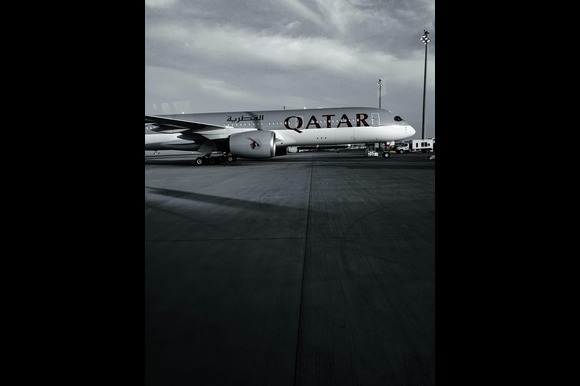Five Australian women who were forcibly removed from a flight and subjected to invasive strip searches at Doha’s Hamad International Airport in 2020 have won the right to sue Qatar Airways, following a successful appeal in the Federal Court of Australia.
The women were among passengers pulled from a Qatar Airways flight after a newborn baby was found abandoned in a bin at the airport. The search and examination of female passengers without explanation drew international condemnation and prompted the Australian government to raise concerns at the highest diplomatic levels.
Initially, a lower court ruled that the case could not proceed against the state-owned airline under the Montreal Convention—a global treaty governing air travel liability. The judge at the time described the idea that Qatar Airways staff could have intervened in the actions of Qatari police or medical staff as “fanciful, trifling, implausible, improbable, [and] tenuous.”
However, the women appealed that decision, and now a full bench of the Federal Court—comprising Justice Angus Stewart, Chief Justice Debra Mortimer, and Justice James Stellios—has found that the initial ruling by Justice John Halley was incorrect on key points of law. The judges ruled that matters concerning the airline’s potential liability should be properly examined at trial, rather than being dismissed preemptively.
While the appeal court upheld the dismissal of claims against Qatar’s Civil Aviation Authority—on grounds of state immunity—it ruled that the women are entitled to pursue legal action against both Qatar Airways and Matar, the firm operating Hamad International Airport.
The women first filed their lawsuit in 2021, seeking damages for “unlawful physical contact” and false imprisonment. They say the incident caused lasting psychological trauma, including post-traumatic stress disorder and depression. Their legal action targets Qatar Airways, Qatar’s aviation regulator, and Matar.
In his original ruling in April 2024, Justice Halley accepted the arguments of Qatar Airways that the Montreal Convention did not apply in this case. He said that even if the airline could be sued under the convention, the plaintiffs had “no real prospect of success,” since it was Qatari police and medical staff—not airline employees—who carried out the searches.
He also struck out the case against Qatar’s Civil Aviation Authority, citing the body’s immunity from foreign legal action, but allowed certain claims against Matar to move forward.
The Federal Court’s reversal now opens the door for the full case against Qatar Airways and Matar to proceed to trial. Damian Sturzaker, the women’s lawyer, welcomed the ruling and confirmed the case would move ahead in the Federal Court.
“Our clients endured a traumatic experience on that night in Doha and they deserve to have their day in court and compensation for their suffering,” Sturzaker said, speaking to The Australian.
The women previously told the BBC they were not informed about the reasons for their removal from the aircraft and did not consent to the examinations. “I felt like I had been raped,” said one woman, Mandy, a British grandmother who requested her surname be withheld. Another woman said she believed she was being kidnapped or held hostage.
The 2020 incident triggered international outrage and led to diplomatic fallout between Qatar and several countries, including Australia. Other affected women from the UK and New Zealand were not part of the current lawsuit.
Following global condemnation, Qatar launched a criminal investigation that led to a suspended prison sentence for one airport official. However, the women argue that Doha’s response has been inadequate and continue to seek a formal apology, as well as reforms to airport procedures to prevent similar incidents in the future.
At the time of filing the suit, Sturzaker said his clients were motivated by a desire for accountability, given what they saw as a lack of meaningful action from Qatari authorities.
With the Federal Court now clearing the way for trial, the women’s claims of unlawful treatment and psychological harm will finally be tested in court—a step they see as essential not only for justice but also to ensure the safety and dignity of future passengers.






